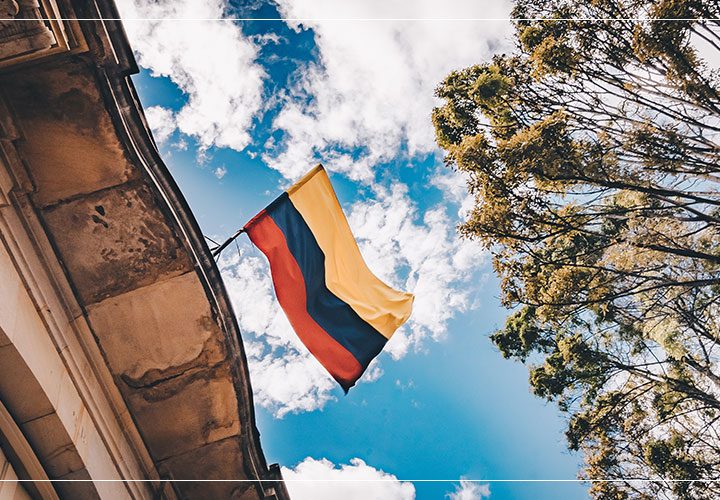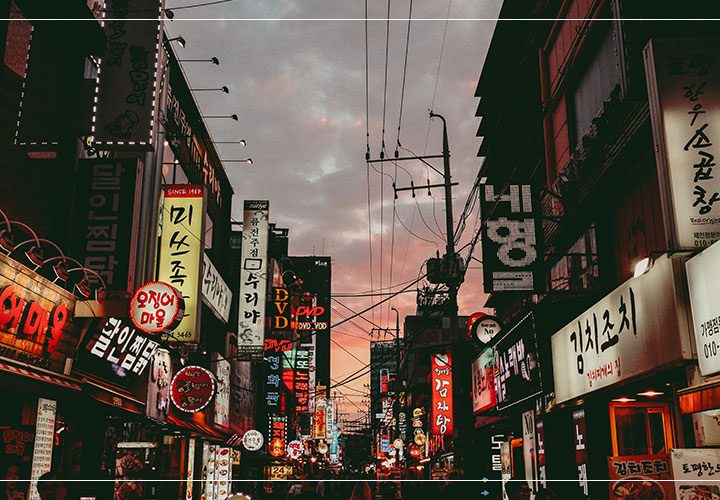Teaching English in Japan
Japan is a prime example of the perfect country to teach English for many reasons. Despite being on the other side of the world compared to the UK, the country itself is a beautiful place that offers different activities for those who visit and work there to help them feel more welcome. It is ranked number 2 on the list of ‘10 best countries to teach abroad’ goabroad.com due to four main reasons; attractions, history/culture and food and drink.
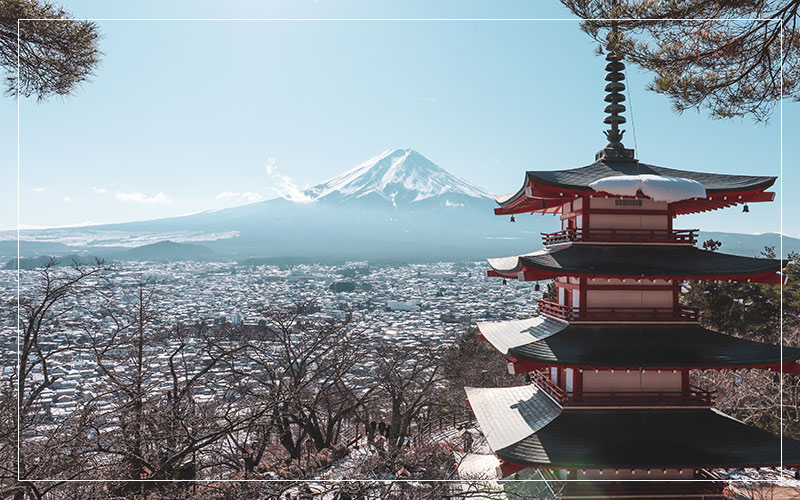
Leisure
Japan offers some of the best sightseeing destinations and attractions in the world from Mt. Fuji to the Himeji Castle to the simple cherry blossoms that line the streets in April every year.
Mt. Fuji is one of the world’s tallest island high points, it is located in the Japanese island of Honshu. It rises to a height of 3776 m (12,388 ft) and it has an area of 227960km2 making it Japan’s highest mountain peak. Expedition tours often happen on Mt. Fuji through companies like fujimountainguides who help climbers find the right trail and tour that they are looking to experience. They can choose from four trails which include the Yoshida, Fujinomiya, Subashiri and Gotenba trail, all of which have their own difficulty and length for hikers to choose from. Through this company, you can choose whichever trail you’d like for a two-day expedition for ¥48,000 which is around £297.
Himeji Castle is another example of a popular attraction to visit whilst in Japan due to the history that surrounds it as well as its beautiful architecture. It is located in the town of Himeji in the Hyōgo Prefecture of Japan and was first built in 1333 by Akamatsu Norimura who first built it as a fort on top of Himeyama Hill. In 1346 the first was dismantled and then changed into the castle that would only later be refurbished again in 1581 two centuries later and has remained the same ever since. In World War 2, the town of Himeji was heavily bombed and even though a fire bomb fell onto the castle, it failed to explode thus leaving it perfectly intact.
In the modern day, it is now considered one of the world’s heritages sites and conservation projects have been carried out regularly on the historical building ever since 1934 in order to make sure that the heritage and legacy of the building is preserved for years to come. It is open from 9:00 until 17:00 and the admission prices cost ¥1000 for a standard tour or ¥1050 for a tour of the castle as well as the Kokoen Garden. More information about Himeji castle can be found on the Japan guide website. japan-guide.com
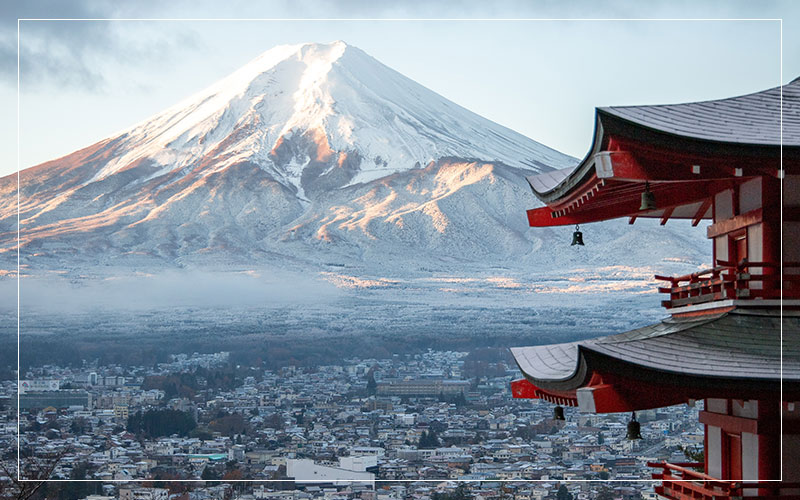
Japan has a long extensive history and culture that goes all the way back to 710 where the Nara Period started and lasted from 710-784 to the present day where the public still practice the same customs and traditions that have continued through the years (britannica). Buddhism is still a largely practised religion in Japan with a lot of people practising the faith it brings or visiting the temples across Japan like the Tōdai Temple located in Nara. It is said in a survey done by Japanese Government’s Agency for Cultural Affair in 2018, about 84 million of Japan’s population believe in Buddhism but a large portion of those people believe in the newer version of Japanese Buddhism that was established during the Kamakura period (1185-1333) instead of the Nara period Buddhism.
Some other cultural practices take place in a classroom environment. For example, students in Japan show respect to their teacher by rising from their seats and bowing to greet them at the start and end of their class. Foreign English teachers may not be accustomed to this part of school life when they first start working over there so it is important to familiarise yourself with this before you start working there. Another example of classroom culture is the non-usage body language and gestures when talking to the students. This is because a lot of English gestures that we use in everyday life such as a thumbs down means ‘go to hell’ in Japanese which, of course, the students will not appreciate.
When applying for a teaching job abroad, they tell applicants what to do and what not to do in a classroom environment before the teachers travel over there. More information about Japanese classroom culture can be found here: tefl.net
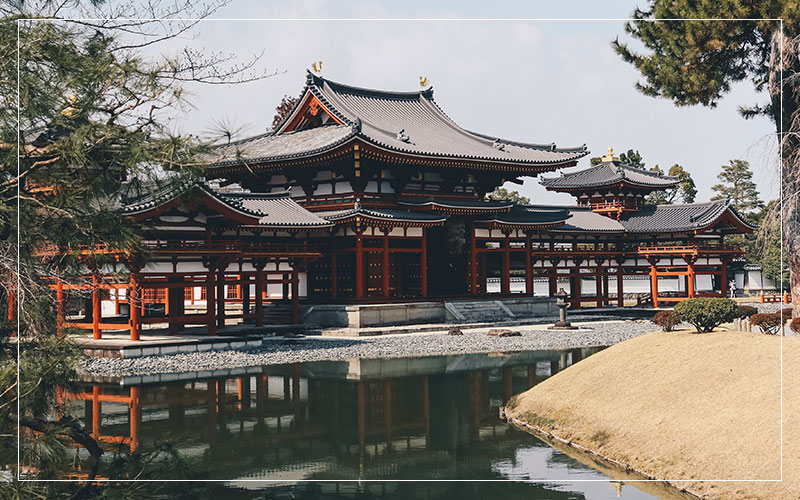
Food and drink
This is another main reason why people choose to travel to Japan to teach English is because there is a largely diverse cuisine and dining culture in Japan. Most Japanese meals have balanced nutrients and most of the time food items from each category on the food chart like protein, vegetables, dairy, etc… Examples of extremely popular Japanese food and drink include Sushi, Ramen, Takoyaki and Sake. Sushi is made up of rice and different types of seafood and the most common versions are tuna, salmon, mackerel, and eel. Sushi is usually dipped in either soy sauce or wasabi for a variety of flavours.
Ramen is a staple food in Japan and is very popular with both tourists and the public. It consists of broth, seasonings, wheat noodles and toppings which can be anything that is on the menu. Miso Ramen however is specific in its toppings such as pork, seaweed, leeks, scallions, bean sprouts and an egg. Takoyaki is a street food most popular in Osaka and it consists of diced or minced octopus, pickled ginger, and green onions on a skewer stick. A sweet and savoury Takoyaki sauce is added to it along with Japanese mayo, green laver, and bonito fish flakes. Sake is an alcoholic beverage, and it is Japan’s national drink. It is made by fermented rice to remove the bran. Sake is often drunk with certain foods in order to make the flavours more intense, but it is considered very strong by foreigners when they visit Japan. Information about Japan’s popular food and drink can be found on this website: willflyforfood.net
When visiting Japan, it’s important to research several different components to make sure that you’re fully aware of all the important information needed before you travel. For example, it’s important to research anything to do with Entry requirements, Local laws and customs and health and safety. Additional information is available on the .gov website gov.uk/foreign-travel-advice/japan
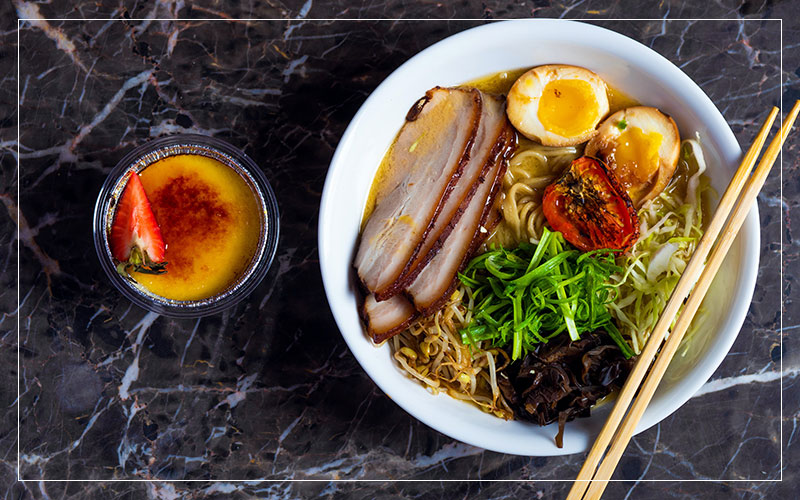
Entry requirements
Some entry requirements that travellers must adhere to when travelling to Japan include passport validity and medication. A passport must be valid for the duration of your time in Japan however an additional period on the passport isn’t required for you to travel to Japan. As for medication, even over-the-counter prescriptions and common prescriptions are banned under Japan’s anti-stimulant drugs law that was passed in 1951. As well as this, if medicine for allergies, sinus problems and over-the-counter paracetamol are found upon your person, you may risk getting detained and deported from Japan. It is important to check with the Japanese embassy or consulate before travelling to check if your medication is allowed into the country. If it is a doctor’s prescription and it is permitted under Japanese law, you will be allowed to bring one month’s supply, but you will be asked to supply a doctor’s note talking about the medical condition for what the medicine was prescribed and a copy of your prescription itself.
Japan also still has serious restrictions about Covid-19 and before entering the country, travellers must have taken a Covid-19 test at least 72 hours before their flight and it must have a negative result. The traveller must also sign a document before travelling to Japan that asks them to abide by the quarantine and self-isolation rules that were put in place by the Japanese government to prevent the spread of Coronavirus. They must also complete a health questionnaire before they travel to Japan as well as making sure they obtain a QR code that will let them into the country. Failure to adhere to these restrictions and rules may result in the traveller not being allowed to cross Japan’s borders. Due to Coronavirus though, travellers must apply for a visa, whether it be a tourist or working visa before they go, otherwise they will not be let into the country. If you are fully vaccinated, you won’t be asked to take a PCR test upon arrival in Japan and you won’t be asked to self-isolate, however this is the opposite for those who are not fully vaccinated and they may need to self-isolate.
Local laws and customs
Some local laws and customs that you will need to be aware of when travelling to Japan include the following. A form of identification such as your passport or a residence card must be always carried to show that you were successfully allowed into the country. Being a part of the LGBT community is not seen as illegal in Japan, there are no laws that guarantee the freedom of those who are a part of the community. Same sex marriage is also not acknowledged but parts of the country are starting to issue equivalent certificates that can be used in civil situations. Tokyo has had the Rainbow Pride parade every year since 2012 and there hasn’t been any incidents that occurred at the parade itself.
Tattoos are related to history that is associated with crime and a lot of establishments like hot spring companies, public swimming and gyms don’t accept people with tattoos. Some companies will just ask you to cover the tattoos up whilst using their facilities.
Health and Safety
The Tokyo metro is one place to be aware of your surroundings at all times due to how busy the subway systems are every day. It is a popular place for pickpockets. Assaults are rare occurrences but when they do happen, the Japanese law system asks the victim to prove that it wasn’t consensual and committed through force. Accounts of women being touched inappropriately on the subway are often reported so it is important to always be vigilant.
For the emergency number, call 110 for the police and 119 for the fire and ambulance services, both of which are free of charge including pay phones. On admittance to hospitals, you will be asked to confirm whether you have medical insurance. With regards to a traveller’s safety and health, it is recommended to stay away from the Fukushima Daiichi Nuclear Power plant where a nuclear reactor had exploded on 11th March 2011 after the tsunami of the same day had wreaked havoc on the power plant. The areas surrounding the power plant are regularly monitored by the Japanese authorities to check the radiation levels and to determine whether or not it is safe enough for people to proceed. Natural disasters are common in Japan due to its climate and topography. Local safety procedures can vary depending on the situation but there will always be a warning for you to prepare and follow the local procedures. More information about what to do with regards to earthquakes can be found on the following website: jnto.go.jp/safety-tips/
As well as earthquakes and tsunamis, there are several active volcanoes such as Mt Fuji, Mt Aso and Sakurajima that are regularly monitored to make sure people are aware of when an eruption may take place. The tropical typhoon season runs from June until December and they are usually accompanied by high tides for coastal cities, landslides and flooding and the dangers are heightened if there’s an earthquake shortly after the typhoon.
Recruitment
TEFL is one of the biggest companies that help workers when it comes to being recruited as an English teacher in Japan. They work with the JET programme which works with applicants that wish to work in a Japanese public school even if they don’t have any previous teaching experience. There are a couple of requirements that applicants must have if they wish to work through the JET programme such as the possession of a bachelor’s degree in any course, you must be under 65 years old and you must have a TEFL certificate of at least 120 hours. The programme itself will offer the worker a wide variety of things in their package such as a salary of around ¥220,000-¥280,000 per month (£1,358-£1,728)
They also offer English teachers flight reimbursement, accommodation, and performance bonuses as part of their salary package but there are a wide variety of places that you can choose to teach in including Tokyo, Kyoto, Osaka, Fukuoka and Nagoya. More information is available on the following website: tefl.org
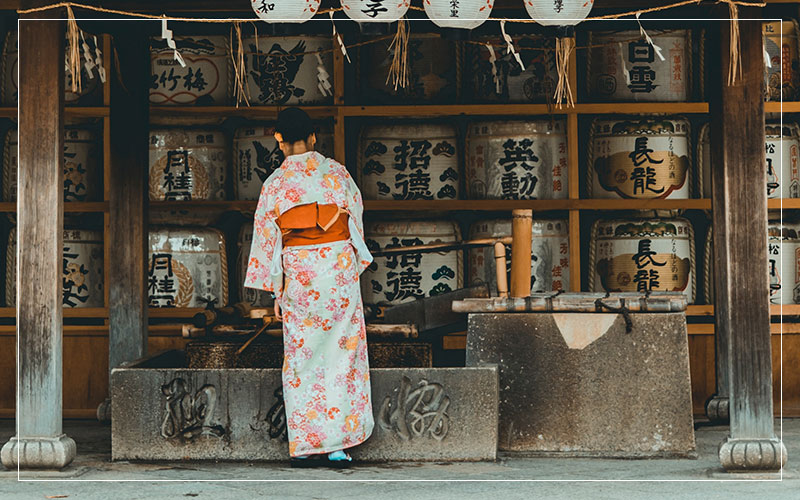
Things to consider
Working abroad can be extremely rewarding and a great life experience to help you gain new confidence and skills. However, there are some things you should consider before travelling abroad for work.
- Homesickness may be an issue for those who spend most of their time with family members, so it may be a good idea to bring family photos with you so that you can place them around your apartment during your stay.
- Financial stability will vary depending on the contract and type of school you decide to work with. It’s always a good idea to save money before your visit in case of unforeseen circumstances.
- Discrimination as a foreign worker may occur due to a language barrier and the differences in culture. It would be beneficial to know a little bit of Japanese and have an insight into the culture to communicate with your colleagues and students.
Overall, working as an English teacher in Japan can help you with your teaching abilities and knowledge of Japanese culture. It will also help you to learn about the extensive and wonderful history that the country has to offer.
Written by Ellie-Mai Foley

